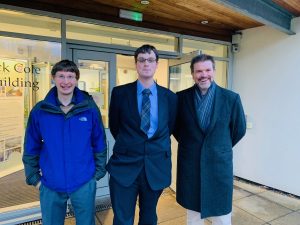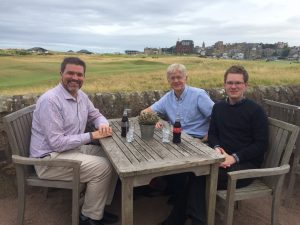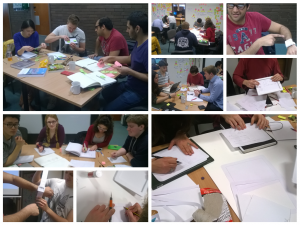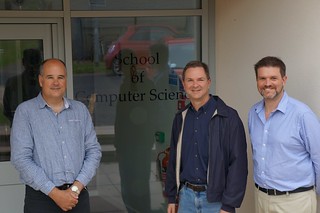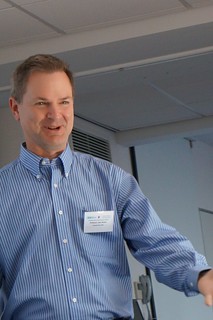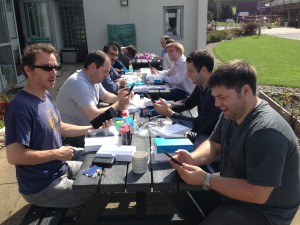Applications are sought from passionate, creative and outgoing students interested in using their skills and interests in tabletop gaming in application to research in computer science, Human Computer Interaction, and User Experience design. This exciting PhD project will see the worlds of TTRPG and computing coincide to produce meaningful interactions to support the design, development and deployment of technology, whether from the software level, or at the pipeline level in support of those who will become developers and designers.
Tabletop Role Playing Games (TTRPG) allow the player to immerse themselves in a world where anything can happen — within the rules. You can become someone new, fight demons, play out exciting and speculative storylines, all with the help of your party. This ability to place yourself in the life of another person (or ethereal being) resonates with principles of User Experience Design (UX) where usability experts strive to understand the impact their application or interface might have on a hypothetical audience. There is also the potential for this technique to be used in computer science education, to enable students to explore real world design and programming processes, and the ethical challenges that ensue with the creation of new software and hardware.
The difficulty in eliciting requirements from users, especially users with complex interaction needs, is well-established in literature (Ferreira et al., 2019; Heumader et al., 2018; Pacheco et al., 2018). The process is one that is primarily an ongoing act of interpretation in which user ‘wants’ are translated from interviews, observation, focus groups and such into actionable ‘needs’ that can then be addressed in further design and development. The literature thus makes a distinction between ‘gathering’ requirements – as in collecting together feedback – versus ‘eliciting’ requirements, which is a a more participatory form of ongoing interpretation. As noted by Pacheco et al. the process is highly contextual and its complexities are influenced by everything from the project, the organisation, the environment, and the prior-experiences and skill-sets of all involved parties. It is also dependent on the requirements elicitation techniques employed.
Continue reading


